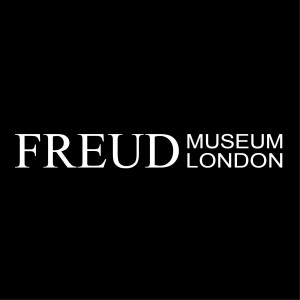
Stephen Gee: Wagner’s Parsifal: A Hymn of Purity and Danger
Parsifal, the fool, is thrown out of an ailing religious community after witnessing a mysterious ritual of healing and purification, reluctantly officiated by a disgraced spiritual leader condemned to unremitting agony. In Act 11 he wanders into a magic garden, and almost gets involved in a sort of 19th century chemsex party. Alarmed by the sudden arousal of his desire and the prospect of endless enjoyment, he longs to return to the earlier scene of anguish and humiliation, which he begins to understand for the first time. A nostalgia for the sublime propels him back to the community of knights, where he is met by his penitent seductress, Kundry.
Wagner’s operas have provoked many great philosophers. Some, like Adorno, were hostile to what they saw as an ideological forerunner of 20th Century political catastrophes. Psychoanalysis raises another kind of intellectual challenge. Is Parsifal a menacing premonition of totalitarianism, or does it elaborate with unprecedented complexity the enigmatic after-effect of the trauma of human beings throughout history, who can never predict whether they will survive together in communities continually subverted by unconscious desires?
Stephen Gee is a member and former Chair of The Site for Contemporary Psychoanalysis. He has contributed to Site conferences on Winnicott, Lacan, Homosexuality, and Class. He organised a rehearsed reading of Sarah Kane's 4:48 Psychosis followed by a colloquium in which psychoanalysts of different schools talked about the issues raised by the play and the challenges facing people suffering with psychosis. He ran a performance group at the Studio Upstairs where he was also a supervisor. He is a member of the editorial group of the Site's psychoanalytic journal, and has written on the problematic history of psychoanalysis and homosexuality. He interviewed the director Phyllida Lloyd at The Site and at the English National Opera on her 2005 production of Wagner's Ring cycle. He has a private practice in South London and teaches regularly at The Site and on other psychoanalytic trainings.
In our conference 'Wagner, Freud and the End of Myth' (2013) we argued that by taking the mythic dimension and bringing it into the human realm, Wagner anticipated Freud in his depiction of unconscious processes of the mind. It could be said that Freud and Wagner were dealing with the same stuff - the “fundamental psychosexual issues that affect us all” as Barry Millington put it, and for that reason a fruitful dialogue can exist between their two bodies of work.
The present conference is entirely devoted to Wagner’s final masterpiece, Parsifal, and explores whether this sublime, troubling and contentious work prefigures psychoanalytic insight or resists psychoanalytic interpretation. As a story of compassion and redemption, which nevertheless describes a world of perversion and mental anguish, what can Parsifal tell us about the secret springs of human desire and the conflicts of human nature? And how did Wagner manage to create it?
More Episodes
 2017-03-30
2017-03-30
 2017-03-03
2017-03-03
 2016-08-05
2016-08-05
 2016-07-19
2016-07-19
Create your
podcast in
minutes
- Full-featured podcast site
- Unlimited storage and bandwidth
- Comprehensive podcast stats
- Distribute to Apple Podcasts, Spotify, and more
- Make money with your podcast
It is Free
- Privacy Policy
- Cookie Policy
- Terms of Use
- Consent Preferences
- Copyright © 2015-2024 Podbean.com



